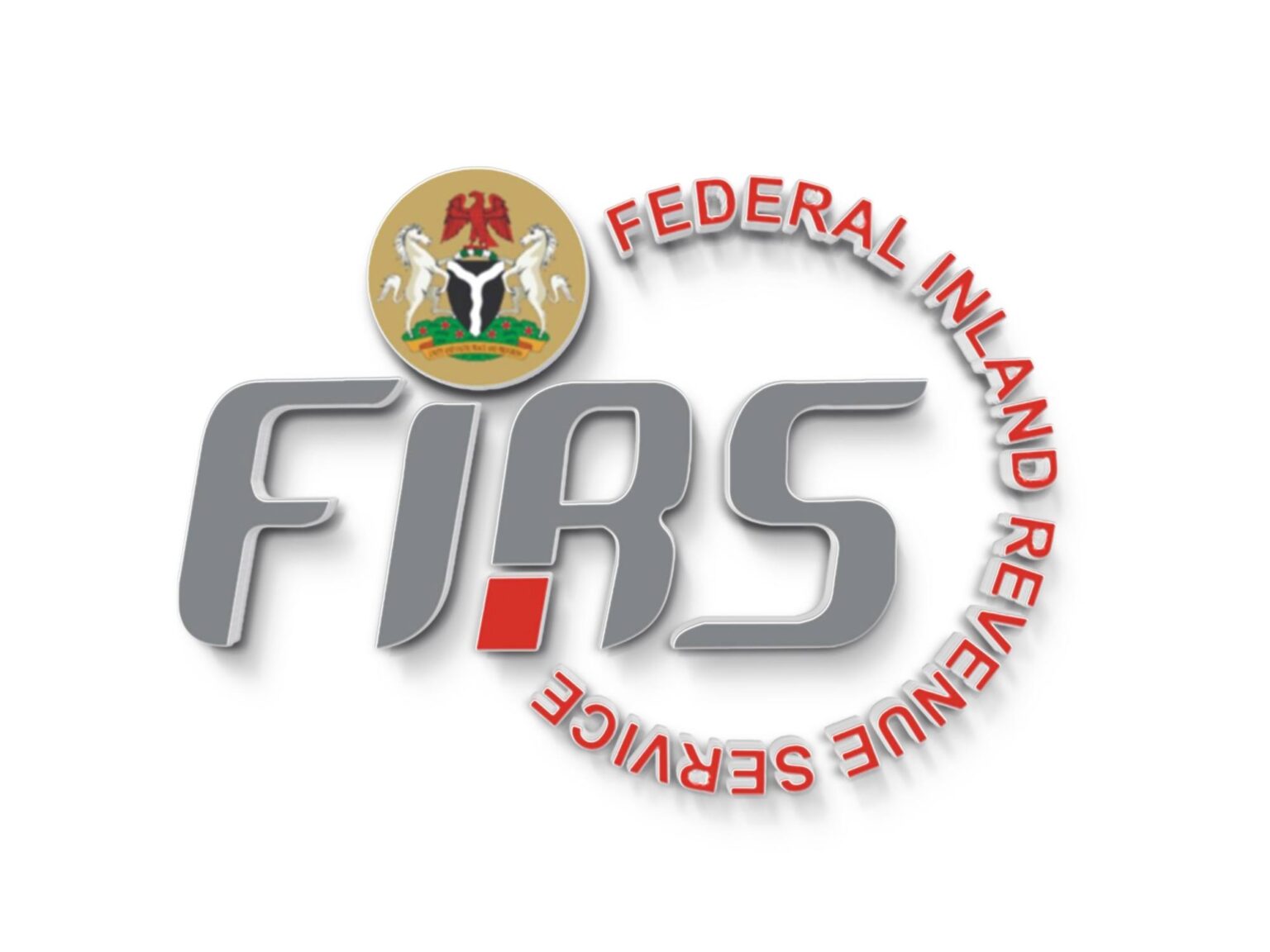NRS document leaks to attract N5m fine, jail term – FG
The Federal Government has enacted new provisions that criminalise the unauthorised disclosure of internal documents, communications, and institutional data belonging to the Federal Inland Revenue Service (FIRS), which will be renamed the Nigeria Revenue Service by January 2026.
Contained in the newly signed tax legislation, the clause — part of Part VI (Miscellaneous Provisions) — designates all internal memos, communications, and institutional information of the tax agency as strictly confidential, with usage limited to tax-related purposes and legal proceedings.
Under the law, any person who leaks, attempts to leak, or discloses such information without authorisation faces a fine of up to ₦5 million, a prison term of up to three years, or both. The provisions apply to anyone acting in an official capacity or involved in administering the tax system.
The Act provides only three exceptions for disclosure:
-
When ordered by a court of law.
-
When authorised by the FIRS/Nigeria Revenue Service.
-
When required for enforcing tax laws in Nigeria or under a tax treaty.
The legislation further shields FIRS officials from being compelled to produce documents in non-tax-related proceedings. It also permits the exchange of information with foreign governments with which Nigeria has signed active tax treaties or agreements.
In addition to data protection measures, the Act sets strict limitations on legal actions against FIRS personnel and the Service. Any suit must be filed within three months of the alleged act — or six months in cases of continuing injury — in line with the Public Officers Protection Act.
Government officials say the new law is part of a broader push to secure Nigeria’s tax infrastructure amid increasing leaks of sensitive state documents. Proponents argue it will protect national security, strengthen digital tax reforms, and improve institutional integrity.
However, analysts caution that while the measures enhance confidentiality, they must be balanced with accountability safeguards to avoid stifling whistleblowing or transparency in public finance.
The move follows last year’s warning by the Secretary to the Government of the Federation, George Akume, who stressed that unauthorised leakage of sensitive official documents constitutes a felony and is punishable under Nigerian law, with no defence under the Constitution or the Freedom of Information Act.














Post Comment